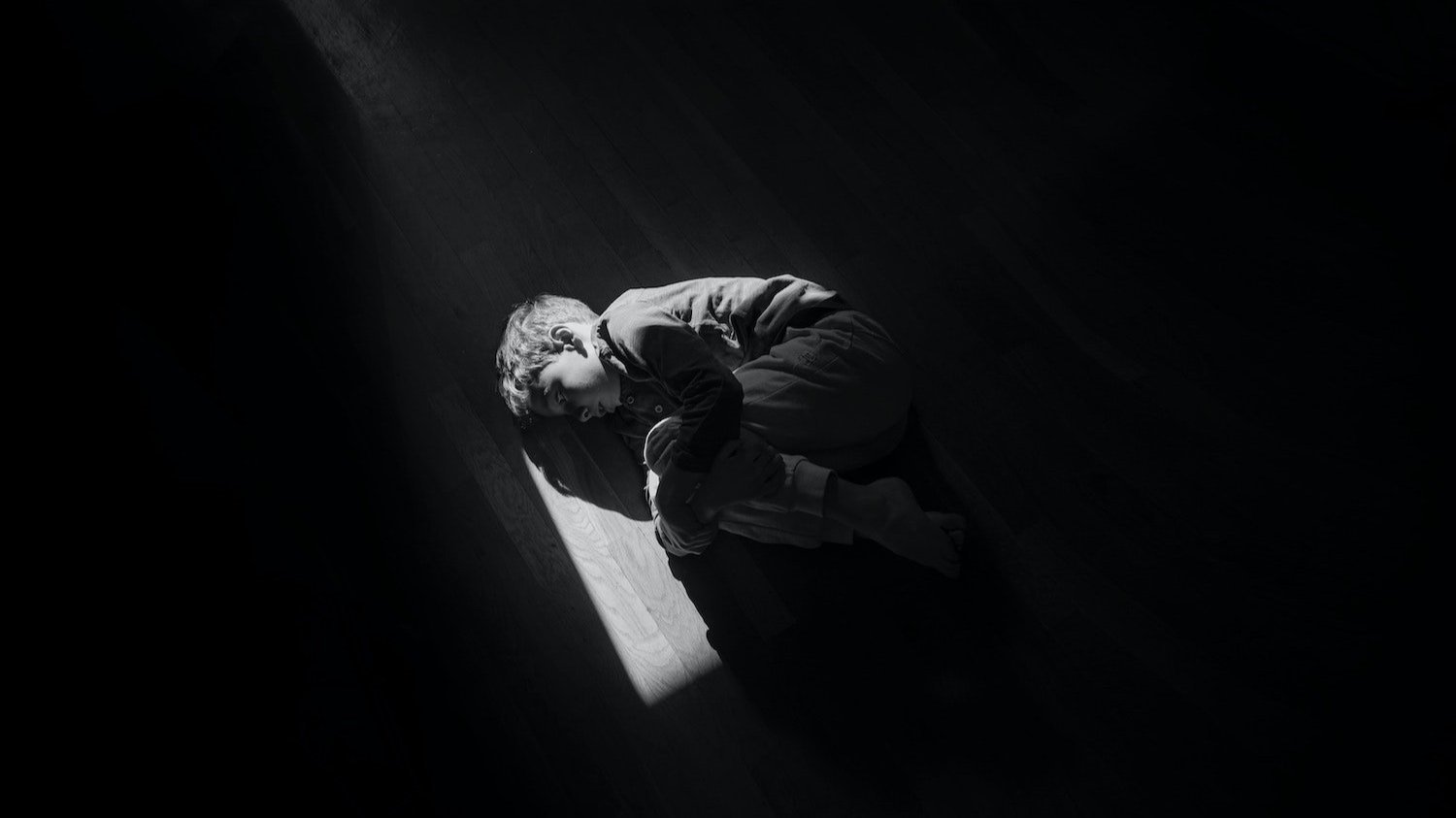The Stick
Picture by Mali Desha
Some readers were offended by, “I Be,” by Omelet, believing it was a racist poem written by an aging Crackerhead.
I reject that idea.
“Omelet” is neither derogatory nor derisive but an affirmation of Being – of self-knowledge – of knowing who you are in the most adverse circumstances - when all the eggs are scrambled by those who will rob you of your personal dignity if you let them. It is your responsibility not to let them do that (not someone else’s responsibility – ‘yo’ Mama’).
I am reminded of Langston Hughes’s short story, whose title I don’t remember right now, about when he was a little boy, and his mother gave him some money and told him to go to the store. A short while later, he came back crying and with no groceries. His mother asked him what had happened, and he said that some boys had demanded he give them his money or they would beat him up. She gave him more money and a big stick and told him to come home with the groceries or not to come back at all. He went back onto the street, scared to death, but he swung his stick and brought the groceries home.
Hughes’s mother cut him no slack. He did what he was supposed to do. He could walk through that valley of death fearing no evil not because his safety was guaranteed by his courageous act but because it was not. He had learned you could get jumped if you did not watch your back.
You had to be vigilant – you had to pay attention.
He had learned you can’t rely on someone else to have your back even if there were those who would because then you are not taking responsibility for yourself – you are counting on Yo’ Mama to take care of you so that you can be comfortable in your safety.
That’s Hughes’s story, and that’s what “I Be” is about – but it is not our story. We have laid down our stick, hoping that someone else will pick it up and swing it for us. We have chosen to remain complacent in our comfort, ignorant of the warnings in our most sacred documents, that complacency is the coin of slavery.
